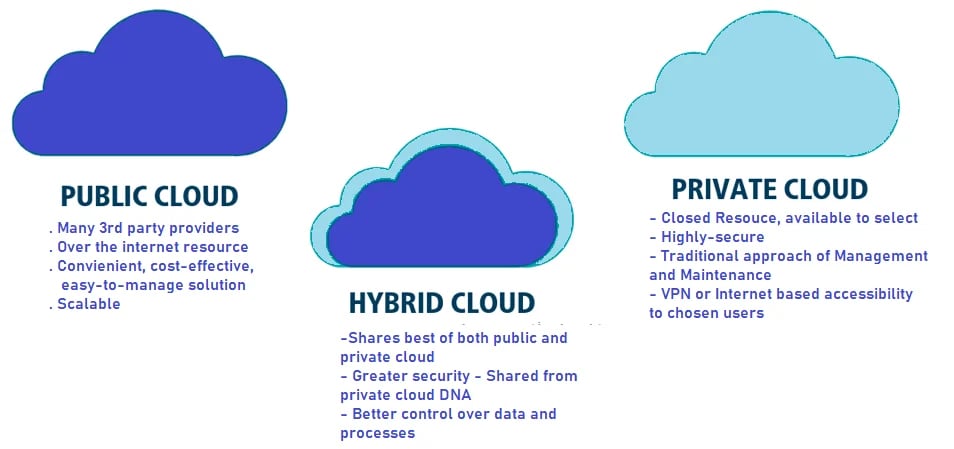Remote workers are going back to the office. The boss is working from home.
The marriage between rank-and-file office employees and their bosses has never ever been equivalent. But remote function is building a new kind of imbalance between specific folks in management and their workforce, and it’s stirring up resentment at get the job done. Lots of supervisors — from middle administration to the C-suite, based on the place of work — are continuing to function remotely, but at the same time are calling their personnel back to the place of work. Staff are getting angry and combating back in the handful of techniques they can: not demonstrating up to the business or wanting for operate someplace else.
Some 80 p.c of government careers are presently readily available remotely, according to government lookup business Cowen Associates, which allows firms fill administration positions from director by means of the C-suite — ones that are usually not obvious as a result of common work postings. That is up from about 25 p.c pre-pandemic (the share of People in america overall who labored remotely at the very least some of the time was in the single digits then and is at about 45 % now, according to Operate From House Analysis). Numerous of these executives cite being totally capable of operating from house on technological innovation like Zoom, Slack, and Teams, and say accomplishing so enables them to do the job odd hrs and talk with colleagues in various time zones though retaining work-existence harmony.
Meanwhile, a lot more than 50 percent of supervisors and executives want their employees back in the office five times a week, according to new study data by freelance platform Fiverr, expressing the office tends to make it a lot easier to accessibility organization pcs, application, and IT and is a much better area to collaborate than at property. A 3rd of people leaders mentioned workforce are much more motivated when they know they’re currently being monitored in individual by higher management a quarter mentioned personnel would acquire shorter breaks if they were in the office. One more 25 % stated that considering the fact that they’d by now paid out for workplace room they could possibly as effectively use it.
Workplace personnel say they want to continue doing work remotely for the identical good reasons a lot of executives want to: It allows them to be additional effective and have far better operate-lifetime stability. They also cite reasons that their bosses — who may be able to find the money for nannies or residences near to a metropolis heart office environment — in some cases don’t, like how showing up in the office environment forces them to commute for hrs or to depend on pricey and unreliable baby treatment.
Who in the long run gets what they want could instruct what American staff, who’ve employed the restricted employing sector to desire much more from their work, check with from their positions likely ahead. Presently, countrywide workplace occupancy rates look to have plateaued at under 50 % of pre-pandemic norms, in accordance to data from business critical card firm Kastle. The complicated state of the economic climate has created a type of impasse: Companies who want staff back again in the business office assume a rocky economic system could indicate workers are fewer inclined to give up their jobs about having to return to the office environment. Meanwhile, around-history minimal unemployment costs and the simple fact that there are 1.7 open careers for every human being to fill them could suggest workers nonetheless have some leverage to press back or discover new, remote-welcoming work opportunities.
“Driving into Boston is absurd,” a software program designer at a financial institution there instructed Recode. Taking general public transportation there is tough, much too: “Come 5 o’clock, the T is an absolute nightmare. You have a bulky bag and you are combating with all people else who just wants to get home.” The application designer, who requested that we not use his title so as not to jeopardize his employment, has been going in 1 day a week even though it is clear — though not express nevertheless — that his corporation expects him to appear in additional. He claims his work can be completed just as very well from dwelling — contrary to, say, an executive who has to continuously meet with others.
To motivate employees to appear back in, the financial institution has been web hosting weekly situations following hrs, at which, he says, co-staff drink far too a great deal and aren’t that practical the upcoming day. This employee, meanwhile, has been trying to minimize back again on consuming and likes to go to yoga in the evenings — a thing that’s more durable to do when he goes into the business.
When his manager inevitably calls him back again to the business much more normally, he’s acquired a prepare: “Throw a hissy suit for a couple times, then suck it up and eat it when I lookup for a new job.”
The fight for remote function is also not squarely 1 in between reduced- and upper-stage staff. Even executives — all those who control significant teams — are coming into conflict with their larger-up bosses around remote work.
A vice president at a media firm in Manhattan is pushing to keep doing work from household two days a 7 days now that her company is demanding 3 so that she can equilibrium get the job done with getting a solitary mother or father. Commuting to and from the business office can take her extra than a few hours a working day.
The C-suite at her agency, which is the management stage higher than vice presidents, works absolutely remotely, she stated, but isn’t extending those people benefits to anyone else. She requested not to use her title due to the fact she’s anxious that talking out publicly could get her fired.
“It’s unfair, but then management was normally privileged,” she claimed, referring to the people higher than her. “This is just a new way of exhibiting that privilege.”
She claimed there have been a number of testy discussions with her bosses and HR and that she and many others — particularly women of all ages — are thinking of leaving immediately after bonuses upcoming yr.
Females, doing the job mom and dad, and personnel of colour are most most likely to want to operate remotely, indicating it vastly enhances their experience at function, in accordance to Slack’s Upcoming Discussion board survey.
Various separate scientific studies have uncovered that people today are just as successful functioning from house, so the press to deliver personnel back to the workplace can feel as though it’s far more about handle than compound. Fears that supervisors will revoke remote work are presently resulting in staff to performatively present that they’re performing — a habits that is decidedly not the exact as essentially doing the job and which can also signify workforce are wasting time. Arguments that currently being in the business office is improved for creativity, collaboration, and group-developing potentially have more obtain, but not if management is handled in another way from rank-and-file workforce.
While there are undoubtedly valid motives why an executive or supervisor must have additional overall flexibility — extended tenure, far more duty, better needs on their time — the optics are not terrific. The tensions that come up produce the risk that these workers will quit to go to places that will allow them perform as they wish. About a single in 6 task postings on LinkedIn these days include distant work, but they receive much more than 50 percent of all occupation purposes, the corporation explained to Recode.
Fiverr uncovered that about 42 % of workers mentioned they’d stop if they had been forced back again total time, though saying you are going to go away is various from in fact leaving. Most notably, Bureau of Labor Figures details shows that give up charges stay at an elevated 2.7 %, indicating staff are nevertheless eager to depart one particular career for one more, while layoffs are however very low (1 %), suggesting that many staff are however in superior demand and have options.
The greater disparity concerning personnel and administration in conditions of remote function, the higher chance of causing turmoil within just that business, in accordance to Tae-Youn Park, affiliate professor of human useful resource studies at Cornell University’s Faculty of Industrial and Labor Relations.
“If they definitely want persons to appear again comprehensive time, I really do not assume that is the appropriate thing to do.”






